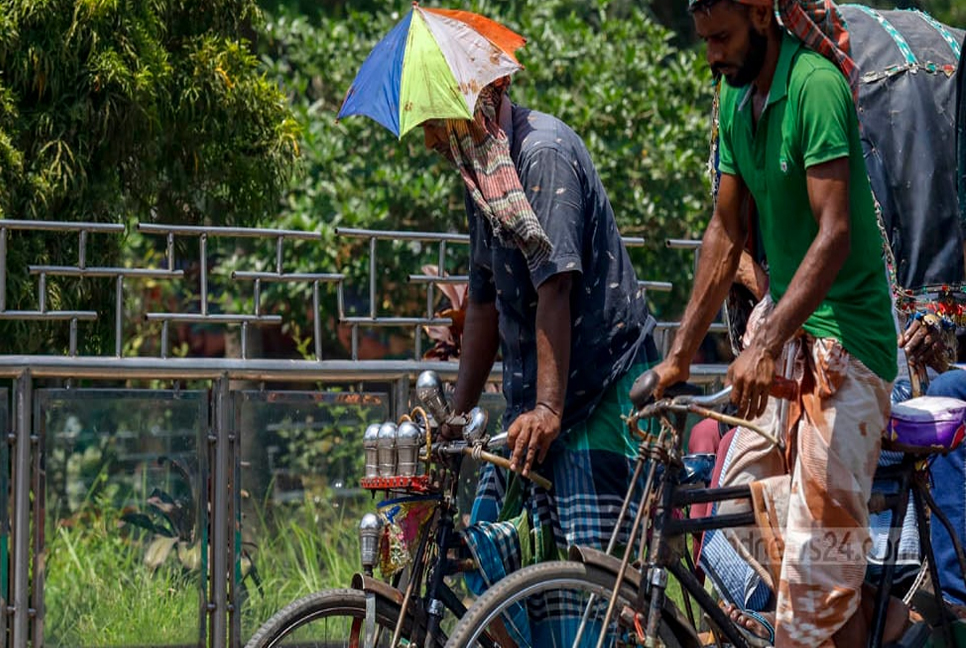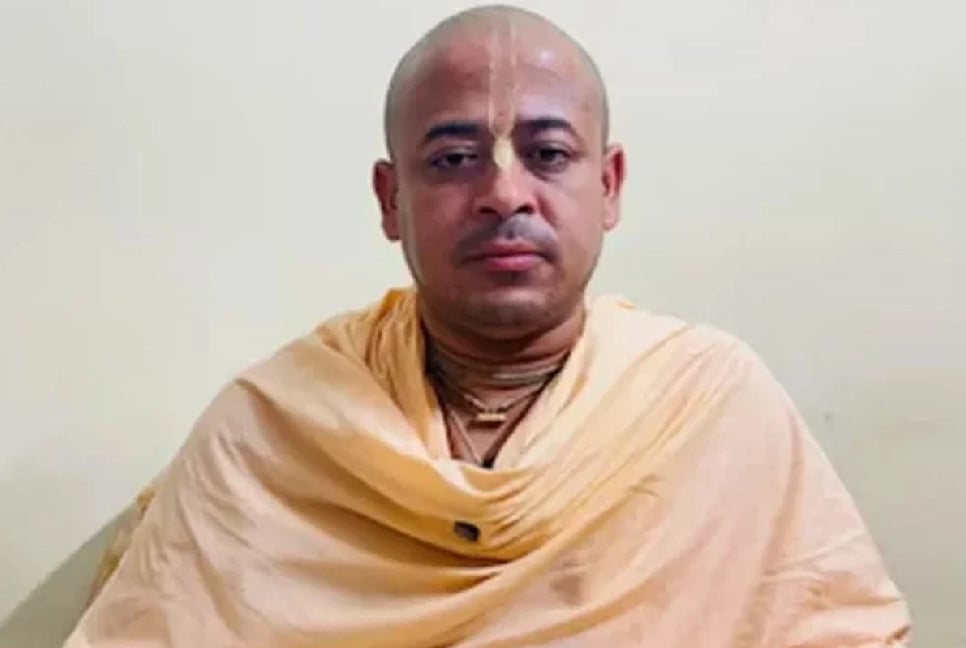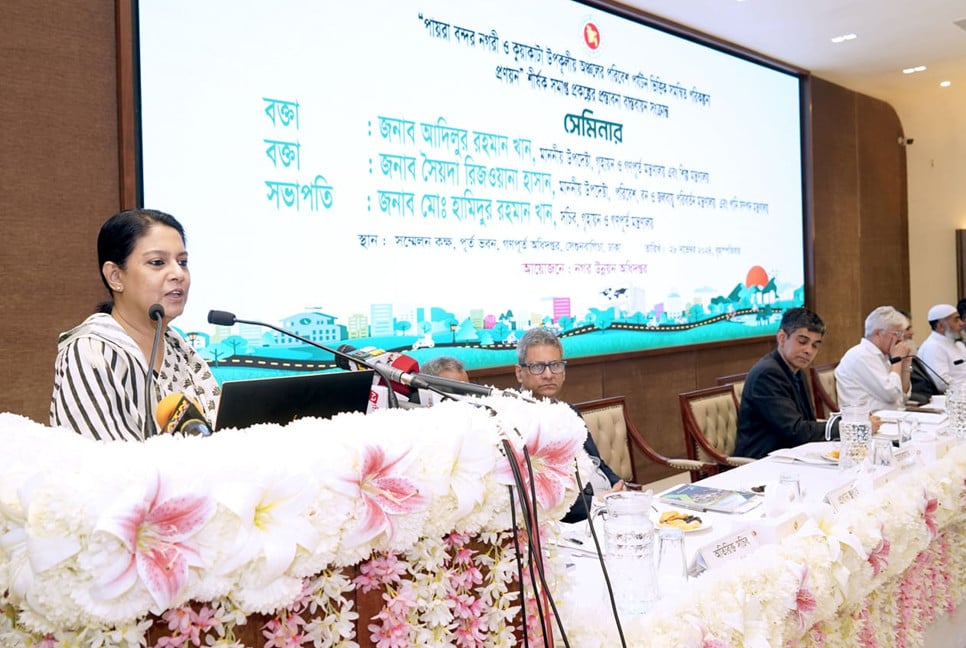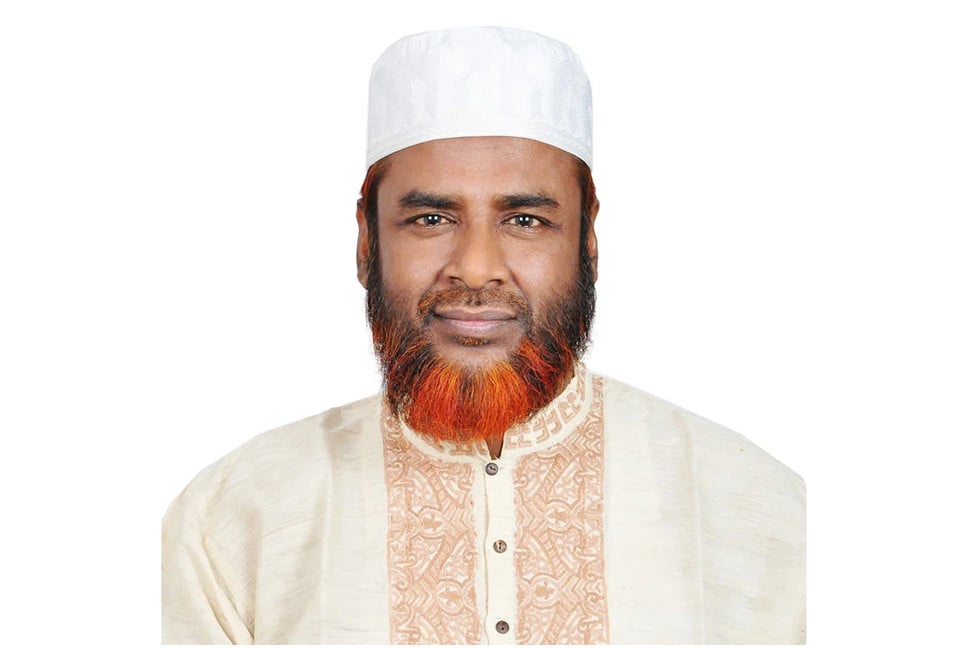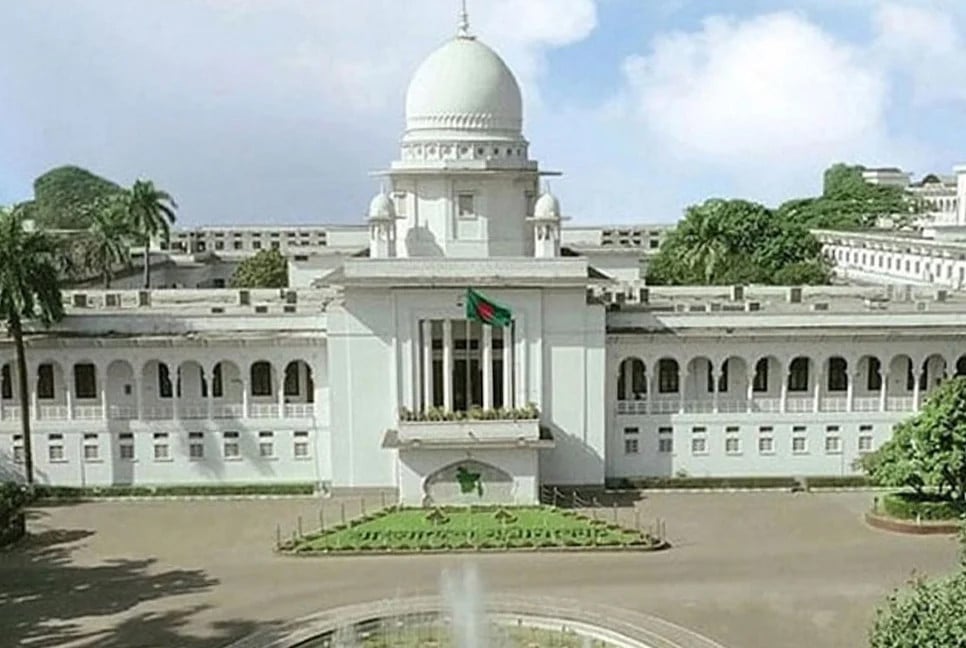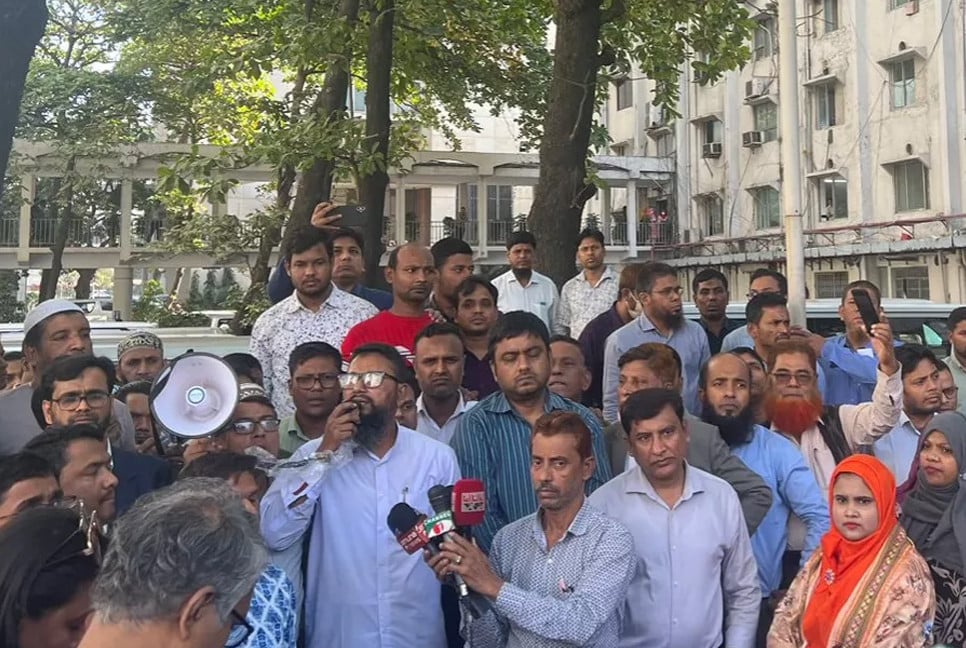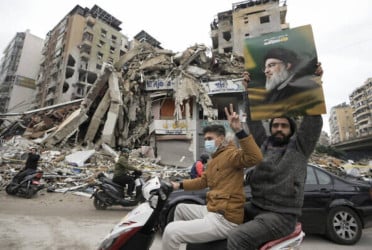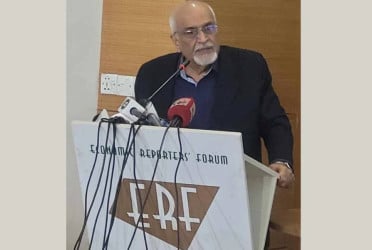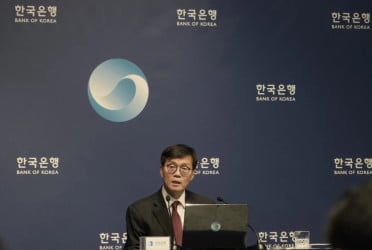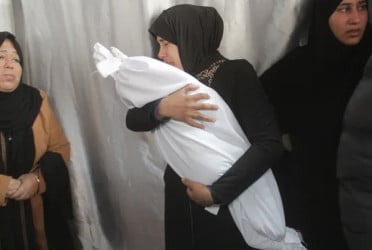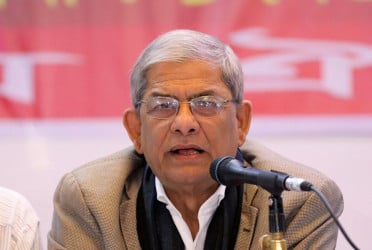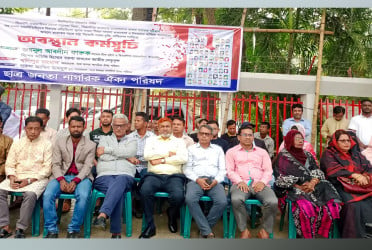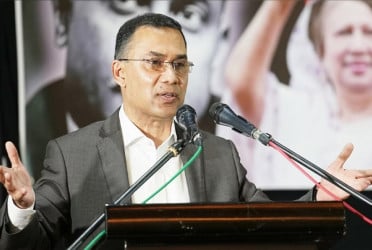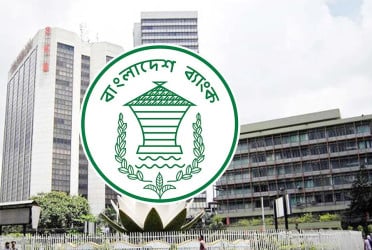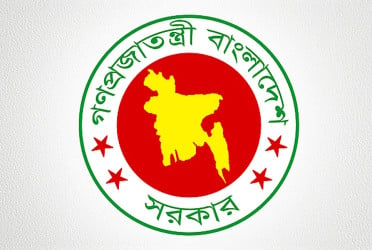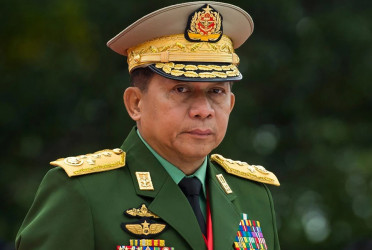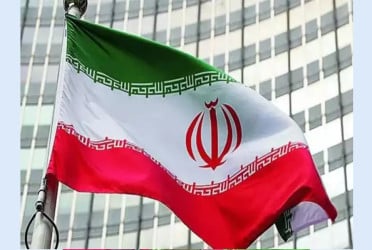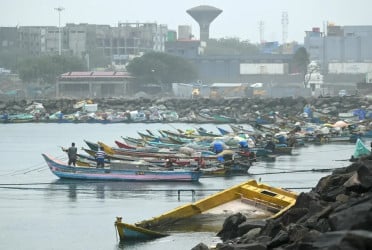The European Union is providing EUR 175,000 (over Tk 2 crore 22 lakh) in humanitarian funding to support the most vulnerable people exposed to the extreme temperatures as Bangladesh is facing record high temperatures, reaching over 42°C in some parts of the country in the past weeks.
This EU funding supports the Bangladesh Red Crescent’s ongoing efforts to deliver relief assistance to 500,000 people affected by the heatwave, reports UNB.
Teams of volunteers disseminate awareness messages on heat-related illnesses and how to prevent them; run cooling stations; provide ambulance and first aid services, and distribute drinking water, umbrellas, and caps.
The support will continue in 20 districts where the temperature has exceeded 38°C in the divisions of Khulna, Rajshahi, Rangpur, Barishal and Dhaka.
The funding is part of the EU's overall contribution of €8 million to the Disaster Response Emergency Fund (DREF) of the International Federation of Red Cross and Red Crescent Societies (IFRC) to respond to disasters around the world.
Bangladesh, one of the most vulnerable countries to the effects of climate change, and has seen more frequent, severe and longer heatwaves during the summer months in recent years.
High temperatures can pose grave risks to newborns and infants, as they are less able to regulate their body temperatures than adults, people with chronic diseases, and older persons, said the EU Embassy in Dhaka on Tuesday.
People who work outside such as rickshaw pullers, construction workers or agriculture labourers also face increased risks when they are exposed to the extreme heat for long periods of time, as are the inhabitants of overpopulated and congested slum areas where houses are built with iron sheets.
The European Union and its Member States are the world's leading donors of humanitarian aid.
Relief assistance is an expression of European solidarity with people in need all around the world.
It aims to save lives, prevent and alleviate human suffering, and safeguard the integrity and human dignity of populations affected by natural disasters and man-made crises.
Through its Civil Protection and Humanitarian Aid Operations department, the European Union helps millions of victims of conflict and disasters every year. With headquarters in Brussels and a global network of field offices, the European Union provides assistance to the most vulnerable people on the basis of humanitarian needs.
Bd pratidin English/Lutful Hoque

